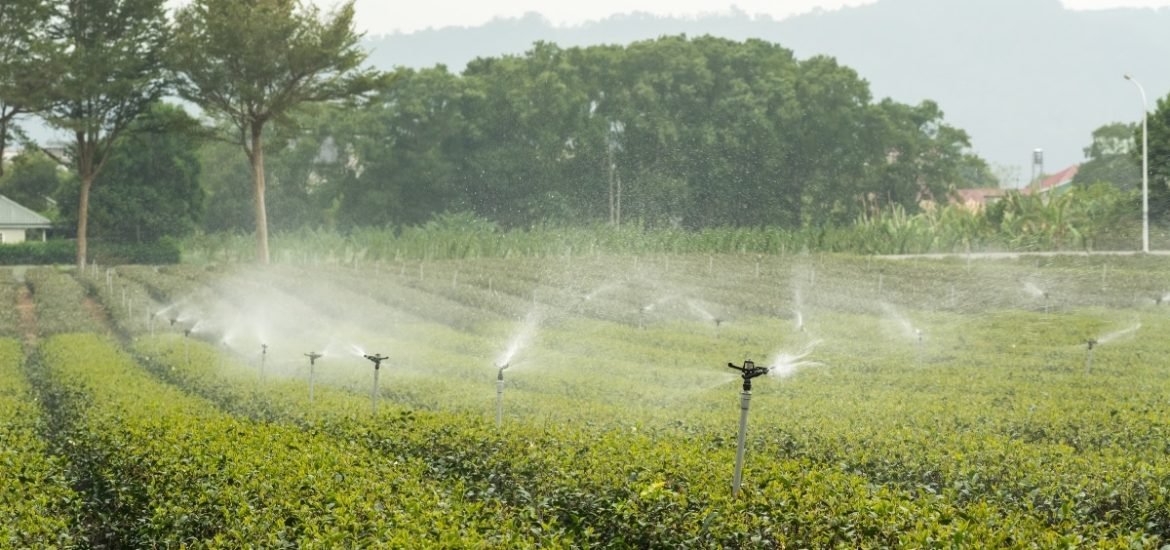
Eating a healthy diet could help save precious water resources, according to a new study published in Nature Sustainability on 10 September — by eating a healthy diet water consumption could be reduced by 11–35% for meat-eaters, 33–55% for pescetarians, and 35–55% for vegetarians based on three European countries studied (1). The authors conclude that “shifting to a healthy diet is not only good for human health but also substantially reduces consumption of water resources, consistently for all geographical entities throughout the three countries.”
The “water footprint” measures the total amount of fresh water required to produce goods and services — including food — and has become an important concept for increasing awareness of the enormous quantities of water that are constantly being used to produce food. In this study, freshwater was considered to come from two sources: blue water contained in lakes, rivers and streams; and green water found in soil circulated by rainfall.
Davy Vanham and colleagues from the European Commission’s Joint Research Centre in Italy analysed water usage in 44,000 small administrative regions across the UK, France and Germany. By modelling changes in water usage based on current actual food consumption compared to three dietary patterns defined by the national dietary guidelines of each country — meat-focused, pescetarian, or vegetarian — they found that eating healthier foods could significantly reduce the water footprint of people’s diets.
The diets analysed in the study considered total daily energy and protein requirements as well as fats. Animal products have a high water footprint and at present, the average European diet is riddled with overindulgence, in particular, the overconsumption of meat. The results varied between regions owing to socio-economic differences, however, in all cases, switching to a healthy diet — containing less sugar, oils, meat, and animal fats, and more vegetables and fruit — reduced the amount of water required to feed the population.
Interestingly, the researchers were able to demonstrate how individual food consumption patterns and associated water footprints strongly depend on socio-economic factors such as age, gender and education level. For example, in France, the water footprint corresponding to milk consumption decreases with age. In London, a strong correlation was found between the water footprint of wine consumption and the percentage of the regional population with a high education level.
The authors suggest, “To achieve global food, water and energy security, changes along the whole product supply chain are necessary; that is, from the production to the consumption side.” Furthermore, a similar methodology could be applied to carbon, land, and energy footprints related to food consumption. The study also highlights significant water stress in several European river basins, therefore, the authors recommend further analysis of the maximum sustainable amount of water per region available for food production.
Intensive livestock production has become increasingly more unsustainable and has a negative impact on many ecosystems. Thus, shifting toward vegetable-based diets that make more efficient use of crucial resources may be both healthier and better for the planet.
1. Vanham, D. et al. The water footprint of different diets within European sub-national geographical entities. Nature Sustainability (2018). DOI: 10.1038/s41893-018-0133-x
Image source: Sambarfoto
Keep up the great work! Thank you so much for sharing a great posts.
Thanks for reading and for your positive feedback!
Great Post! Thanks for sharing such beautiful information with us. Please keep sharing.
Please visit Café Bunbury